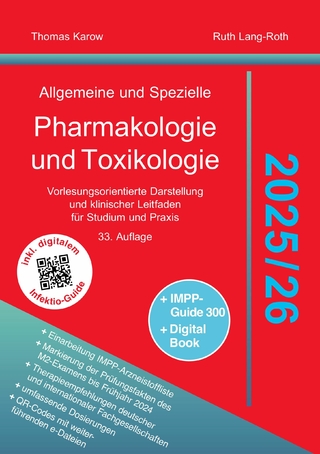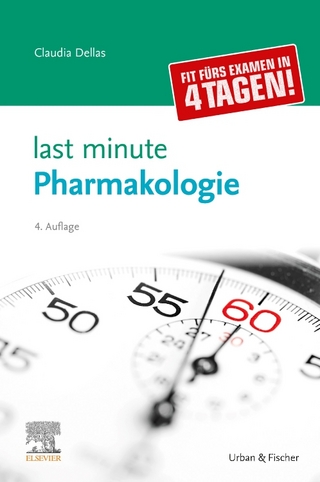
Micro- and Nanotechnology in Vaccine Development
Elsevier - Health Sciences Division (Verlag)
978-0-323-39981-4 (ISBN)
MNT allows the creation of particles that exploit the inherent ability of the human immune system to recognize small particles such as viruses and toxins. In combination with minimal protective epitope design, this permits the creation of immunogenic particles that stimulate a response against the targeted pathogen. The finely tuned response of the human immune system to small particles makes it unsurprising that many of the lead adjuvants and vaccine delivery systems currently under investigation are based on nanoparticles.
Mariusz Skwarczynski completed his Ph.D. in Chemistry in 1999 at Wroclaw University of Technology. His postdoctoral training began at Tokushima Bunri University under the direction of Professor M. Nishizawa, where he studied the biomimetic total synthesis of anticancer agent paclitaxel. He then joined the laboratory of Professor Yoshiaki Kiso at Kyoto Pharmaceutical University to study prodrugs of paclitaxel. In 2004 he was awarded with prestigious Japanese fellowship (Japan Society for the Promotion of Science postdoctoral fellowship) and research grant to conduct further research on paclitaxel. He developed novel classes of paclitaxel prodrugs: isotaxoids and phototaxels. He also developed an epimerization-free method for the synthesis of novel building blocks (isodipeptides) for solid phase peptide synthesis and these units have been commercialized by Merck-Novabiochem. In 2008 he joined Professor Istvan Toth group at University of Queensland to work on drug, gene and vaccine delivery strategies. Since then he research is mainly focused on nanotechnology-based vaccine delivery approaches. He has published over 60 peer-reviewed publications, 4 book chapters, and other 100 conference abstracts. Currently he is Vice-Chancellor Fellow at University of Queensland. Professor Toth is a chemical engineer with a research focus on medicinal chemistry. He was awarded his PhD in 1972 and has since worked in Hungary, Canada and the United Kingdom before relocating to Australia in 1998. His major research interests are drug delivery, immunoadjuvants, synthetic vaccines and gene delivery. His research has attracted over $60 million in competitive grants, research contracts and investment funds in the past 10 years. He has over 300 peer-reviewed publications, 43 patents, and an excellent track record in research commercialization as a key founder of Alchemia (ASX listed), Implicit Bioscience Pty Ltd, Neurotide Pty Ltd and TetraQ (the commercial arm of Centre of Integrated Preclinical Drug Development).
Overview of immune system.
Innate immunity and special role of antigen presenting cells.
Immunity and size.
Introduction to the vaccines.
Current challenges in vaccine development.
Growing role of nanotechnology
Nanotechnology in medical research
Nanoparticle based peptide vaccines
Liposome as nano- and microvaccines
Lipid in peptide vaccine (excluding liposomes)
Nanoadjuvants for peptide based vaccines
Nanopatches for vaccine delivery
Oral vaccine delivery
Nano- and microtechnology in skin delivery of vaccines
Nasal vaccine delivery
Nanoparticles for cancer targeting vaccines by
polymer based nanovaccines
Lipidic microparticles for vaccine delivery
Polymeric microparticles for vaccine delivery
| Erscheinungsdatum | 14.10.2016 |
|---|---|
| Reihe/Serie | Micro & Nano Technologies |
| Verlagsort | Philadelphia |
| Sprache | englisch |
| Maße | 191 x 235 mm |
| Gewicht | 1110 g |
| Themenwelt | Studium ► 2. Studienabschnitt (Klinik) ► Pharmakologie / Toxikologie |
| Technik ► Maschinenbau | |
| ISBN-10 | 0-323-39981-9 / 0323399819 |
| ISBN-13 | 978-0-323-39981-4 / 9780323399814 |
| Zustand | Neuware |
| Haben Sie eine Frage zum Produkt? |
aus dem Bereich


